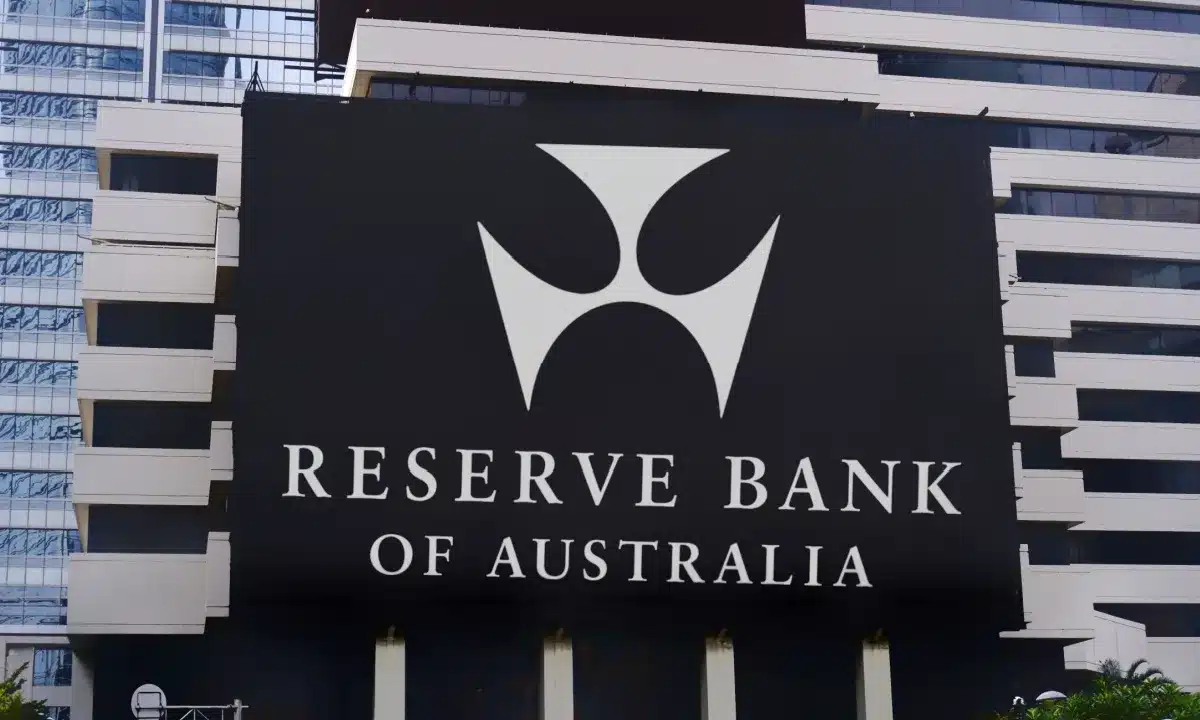Recent research by the Reserve Bank of Australia (RBA) suggests that investment tax breaks (ITBs), including instant asset write-offs, have had limited success in driving business investment outside of economic crises. The findings indicate that company tax cuts may be a more effective tool for stimulating long-term investment growth.
Business Investment Remains Sluggish Despite Tax Incentives
The RBA‘s analysis highlights that business investment as a share of GDP has been declining, sitting at just 12.5% in 2024, well below the 18% peak during the mining boom. Despite various government policies promoting investment tax breaks, there is no strong evidence that these measures have led to a significant increase in business spending on capital assets.
The study suggests that while investment tax incentives were somewhat effective during the Global Financial Crisis (GFC)—when businesses faced credit supply constraints—their impact during normal economic periods has been negligible. Even during the COVID-19 pandemic, when similar policies were implemented, there was little evidence of increased investment activity.
Key findings from the RBA analysis:
- Australia’s business investment rate has declined, reaching 12.5% of GDP in 2024, compared to 18% during the mining boom.
- Investment tax breaks were effective during the Global Financial Crisis, when businesses faced credit supply constraints.
- Tax breaks had little impact during the COVID-19 pandemic, suggesting they are less effective during demand-driven downturns.
- Company tax cuts may be a better tool for boosting business investment, as indicated by the small business tax cuts in the mid-2010s.
- Unincorporated businesses were more responsive to ITBs than larger corporations, likely due to Australia’s shareholder taxation system.
Company Tax Cuts May Be More Effective
The RBA findings indicate that reducing corporate tax rates could be a more effective strategy than tax incentives aimed at specific investments. A reduction in corporate taxes for small businesses in the mid-2010s appears to have contributed to additional investment, though further research is needed to confirm this effect.
The study also notes that unincorporated businesses—which often face different tax structures than corporations—were more responsive to investment tax breaks. This suggests that shareholder taxation rules may influence how businesses react to such incentives.
Key Takeaways on Corporate Tax Cuts:
- Corporate tax reductions in the mid-2010s appeared to increase business investment, but more research is needed.
- Investment tax breaks benefit smaller, unincorporated businesses more, due to differences in tax structures.
- Shareholder taxation rules may influence the effectiveness of tax incentives in larger corporations.
Economic Downturns and the Role of Tax Breaks
One key takeaway from the study is that investment tax breaks are more effective during downturns caused by credit supply shocks, like the GFC, rather than demand-driven recessions, such as the COVID-19 crisis. The report explains that during periods of credit dislocation, tax breaks help businesses manage cash flow constraints, but in stable economic conditions, their effect is limited.
Why Tax Breaks Work Better in Financial Crises :
- They provide liquidity during times when businesses face credit shortages.
- They help ease cash flow constraints, making it easier to invest in capital.
- They are less effective during demand-driven recessions, where consumer spending is weak rather than credit being restricted.
This raises questions about the long-term fiscal impact of such policies. The RBA warns that these incentives are costly and should be carefully assessed for their actual economic benefits. Instead of broad tax breaks, policymakers may need to explore alternative measures that structurally encourage investment beyond short-term stimulus effects.
Implications for Future Policy Decisions
The RBA’s findings suggest that governments should reconsider their approach to encouraging business investment. While tax breaks can play a role in stabilising economies during crises, they are not a reliable tool for sustained investment growth.
Recommendations for policymakers:
- Tax breaks should be targeted during financial crises, where credit supply constraints exist.
- General investment tax incentives are costly and show little long-term benefit in stable economic periods.
- Corporate tax reform may be more effective in encouraging long-term investment.
- Future policies should focus on removing structural barriers to business growth rather than relying on temporary tax relief.
Policymakers assess the effectiveness of past and current investment incentives, the RBA’s research presents data on the impact of fiscal policies, highlighting their varying effects on business investment across different economic conditions.









